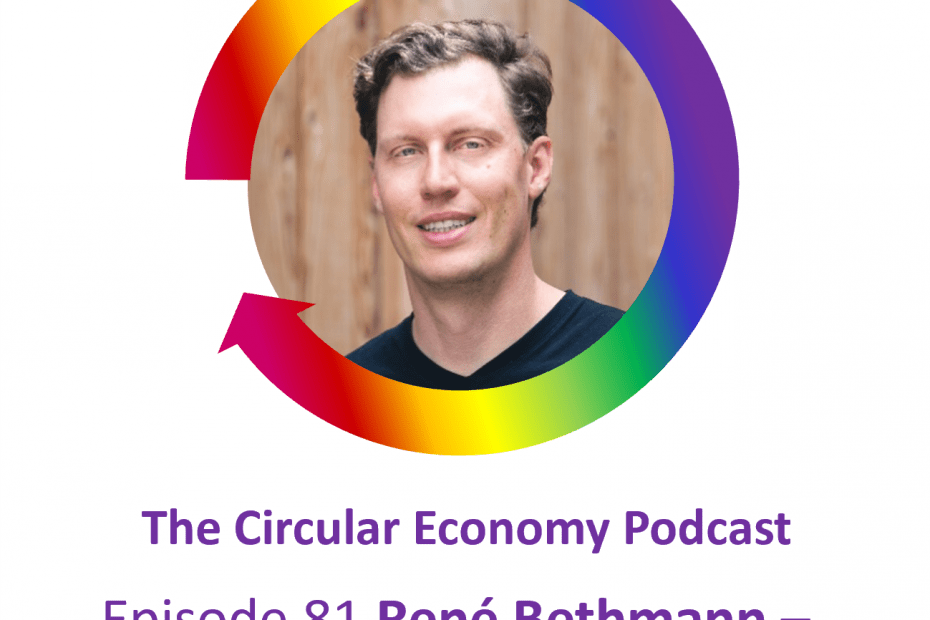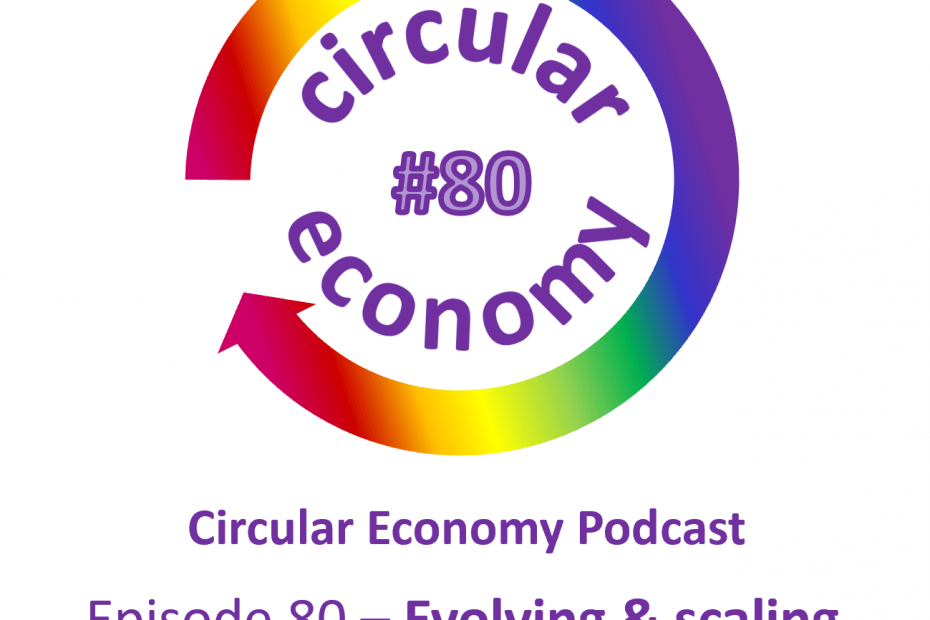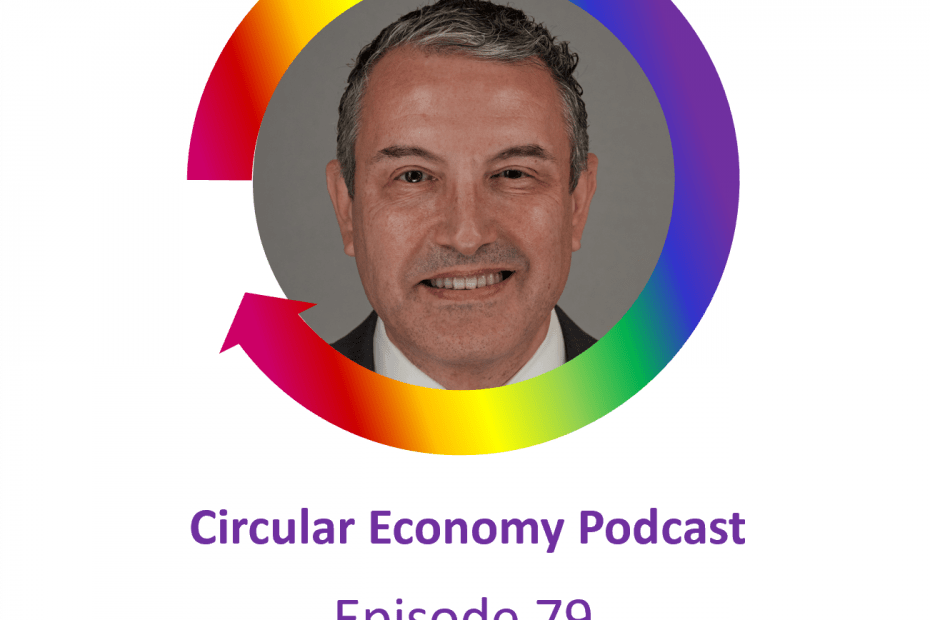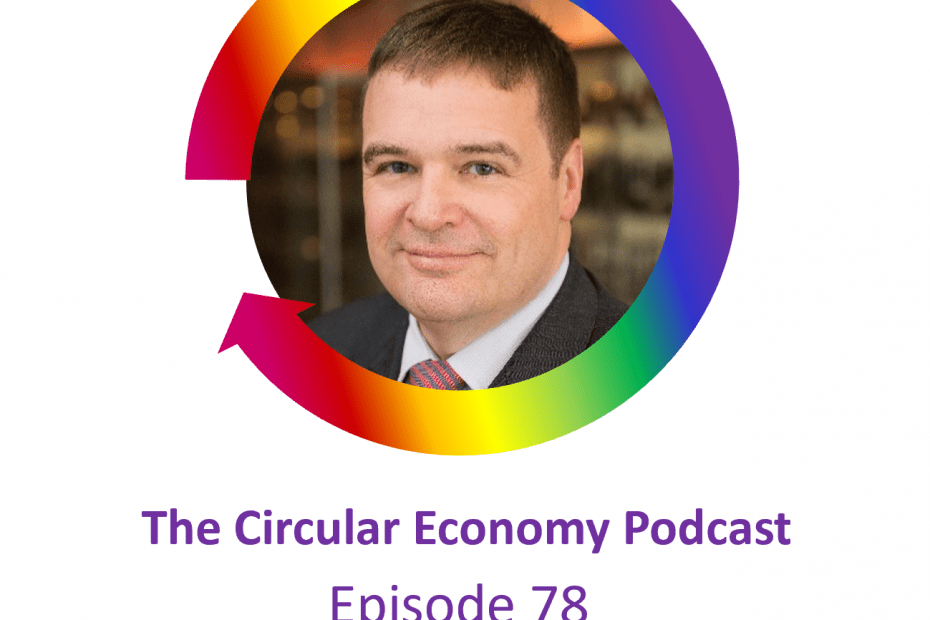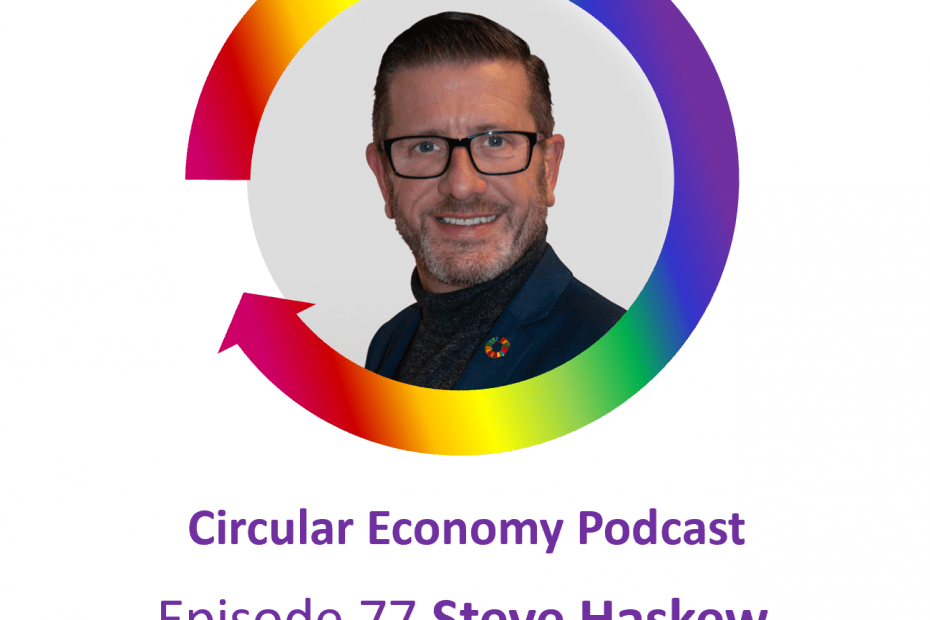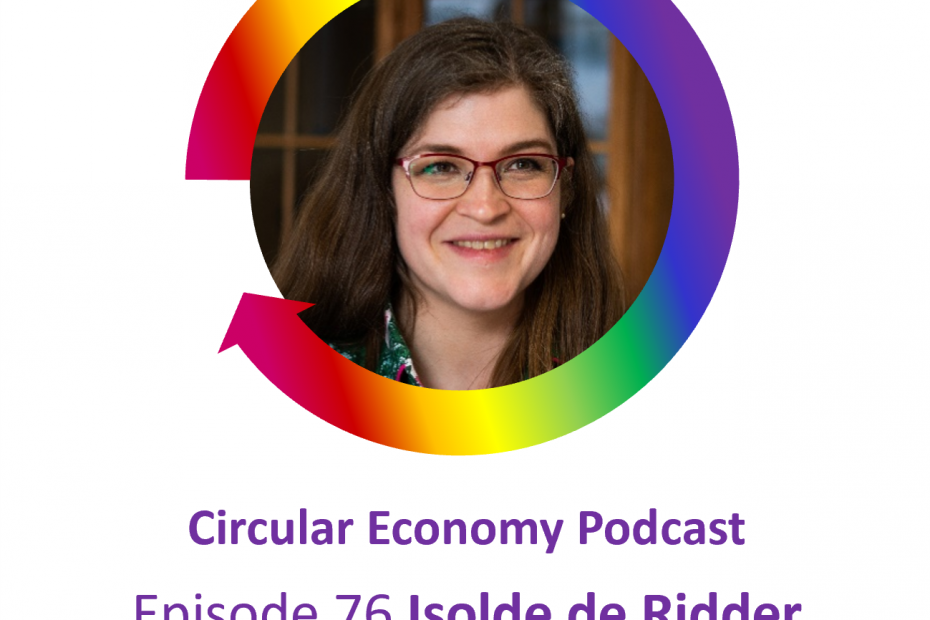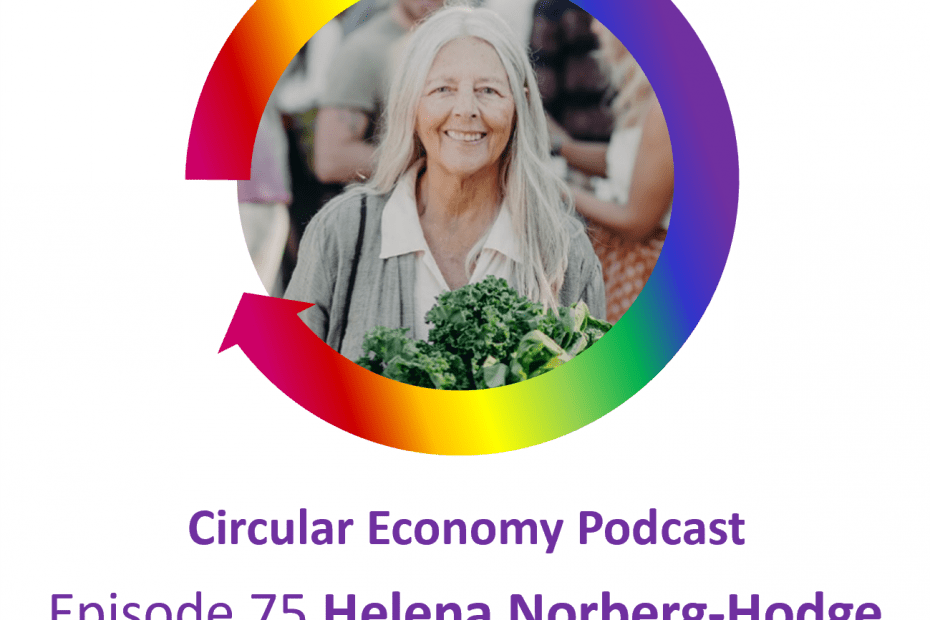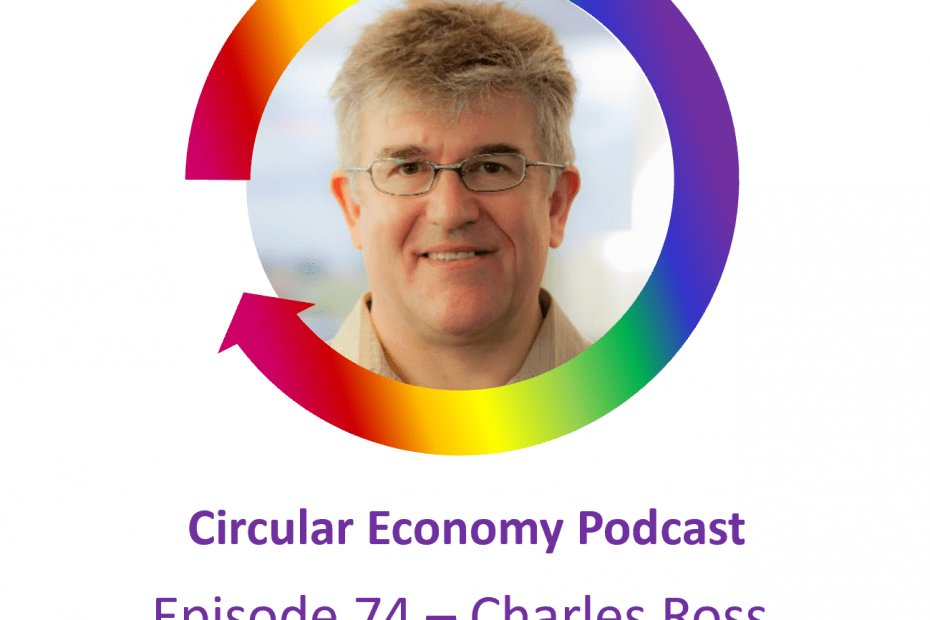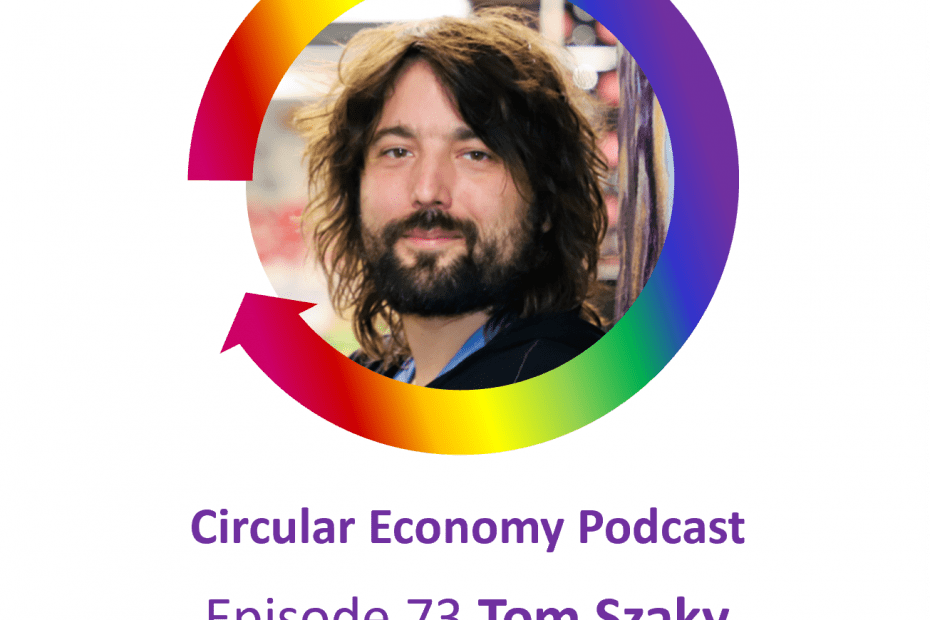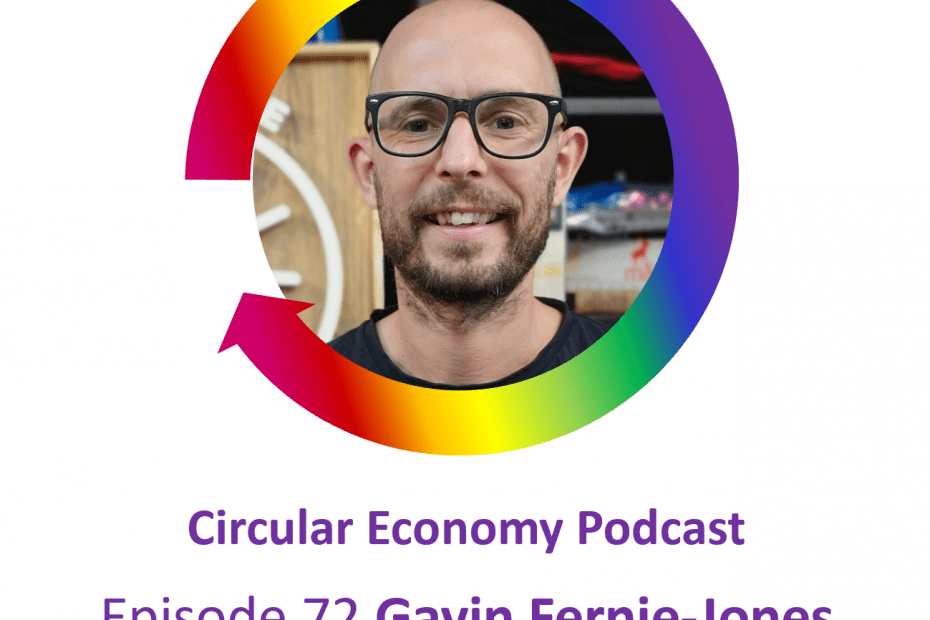81 – René Bethmann – circular designs for outdoor sports gear
How do we navigate the tensions of having brilliant products that help us enjoy outdoor activities, yet which are difficult to repair and recycle? René Bethmann specializes in textile and apparel technology, and is leading new approaches to the design of more circular products and materials at Vaude Sports. René focuses on emotional durability, repairability and renewable or recyclable materials. Plus, if we focus on defossilization, not decarbonization, we can unlock new ways of thinking about textiles, coatings and other materials.
